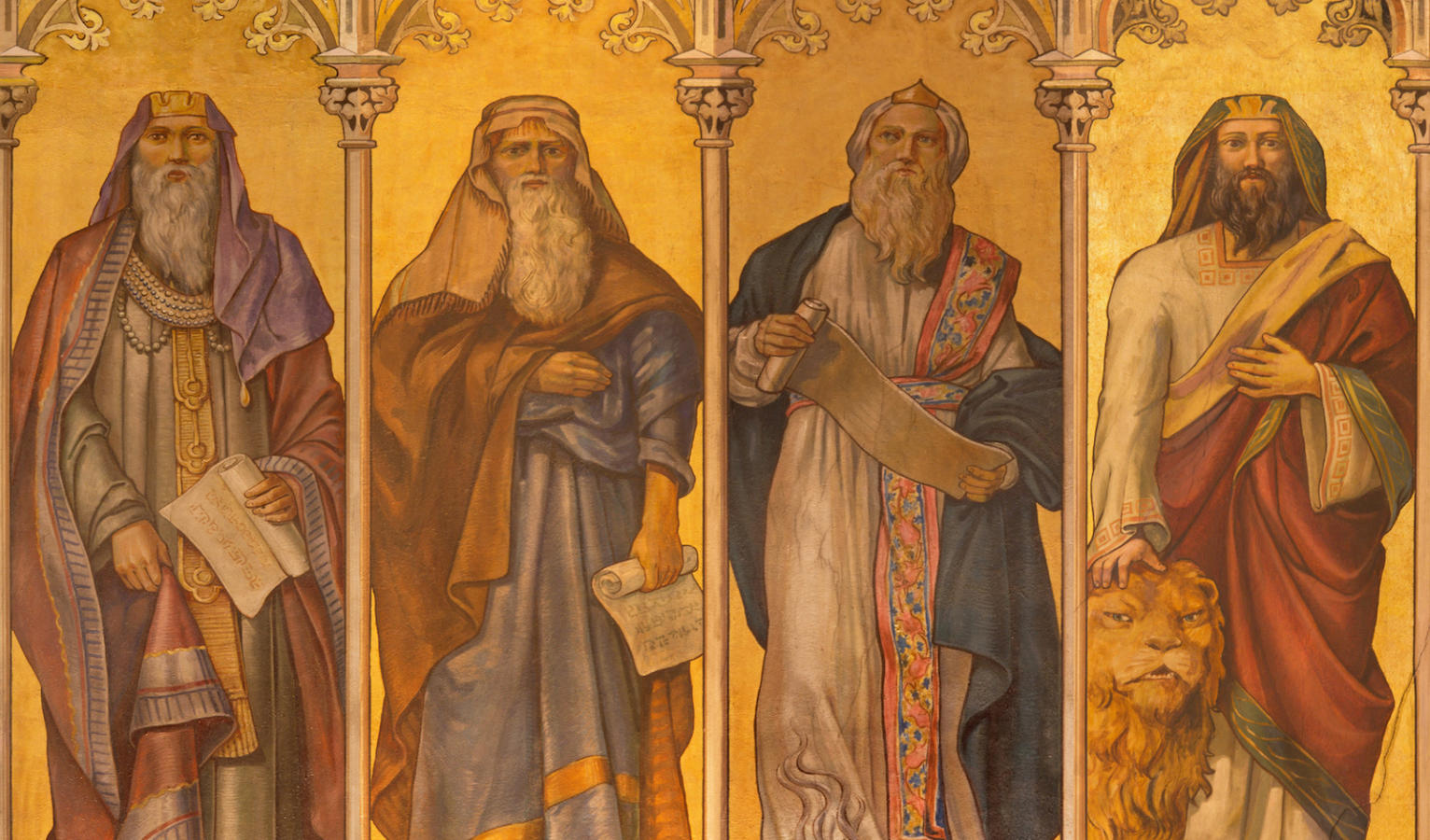Commentary on Parashat Yitro, Exodus 18:1-20:23
Ashkenazic Custom: Isaiah 6:1-7:6, 9:5-6Sephardic Custom: Isaiah 6:1-13
In Parashat Yitro we read about God’s wondrous revelation of the Torah. The Israelites were awestruck as they experienced God’s presence: “All the people saw the thunder and lightning, the blare of the horn and the mountain smoking; they fell back and stood at a distance” (Exodus 20:15).
Appropriately, the Haftarah selection for this portion retells another account of a vivid divine revelation–Isaiah‘s first vision, in which he was inaugurated as a prophet for Israel.
In Isaiah’s vision, God is seated on a throne on high, surrounded by attendants who are six-winged creatures. These creatures, called Seraphs, call to one other: “Holy, holy, holy! The Lord of Hosts! His presence fills all the earth!” (Isaiah 6:3) This refrain has been incorporated into our synagogue liturgy, in the Kedushah prayer.
As the Seraphs cry out to each other, the doorposts shake and God’s house fills with smoke. Isaiah is appropriately startled and humbled: “Woe is me; I am lost! For I am a man of unclean lips, and I live among a people of unclean lips; yet my own eyes have beheld the King Lord of Hosts” (6:5).
Despite Isaiah’s hesitation and self-doubt, his initiation continues. One Seraph takes a coal and touches it to Isaiah’s lips, declaring that with this action Isaiah’s sin is purged. Then Isaiah is addressed directly by God. God asks: “Whom shall I send? Who will go for us?” Isaiah volunteers himself: “Here I am; send me” (6:8).
With your help, My Jewish Learning can provide endless opportunities for learning, connection and discovery.
Isaiah’s Mission
Isaiah learns that he is being sent on a mission to tell the people of Israel about their upcoming destruction. Their fate is so definite, in fact, that he is told to dull their minds, stop their ears, and seal their eyes–lest they understand, or hear, or see, and then attempt to repent (6:10).
The destruction will be complete, Isaiah is told. Towns and houses will be emptied of their inhabitants, and the ground will be completely deserted (6:11). But all hope should not be lost. Like terebinth and oak trees, whose stumps live on even after they are cut down, one-tenth of the people will remain a “holy seed” (6:13). This illusion, though open to interpretation, seems to indicate that the entire people will be ravaged, but one-tenth will survive and regenerate Israel.
Ashkenazim conclude this haftarah with another hopeful message: a depiction of a king who will rule Israel justly, and in peace.



